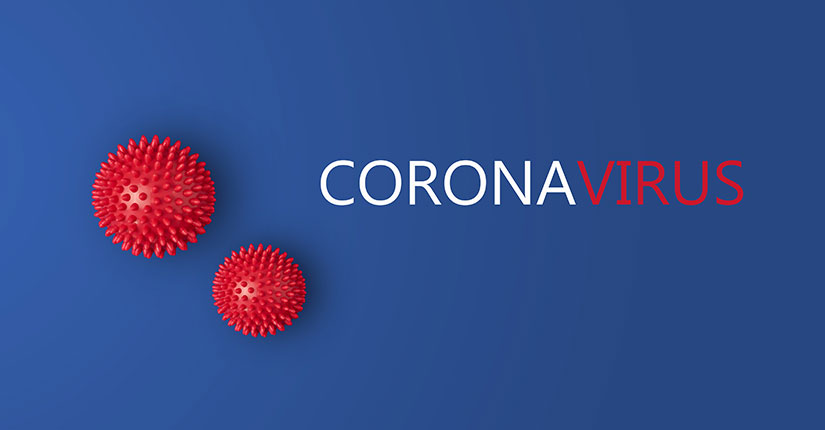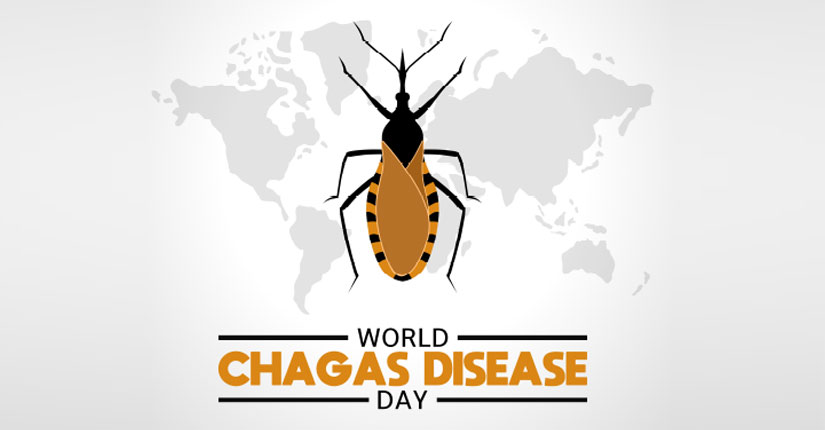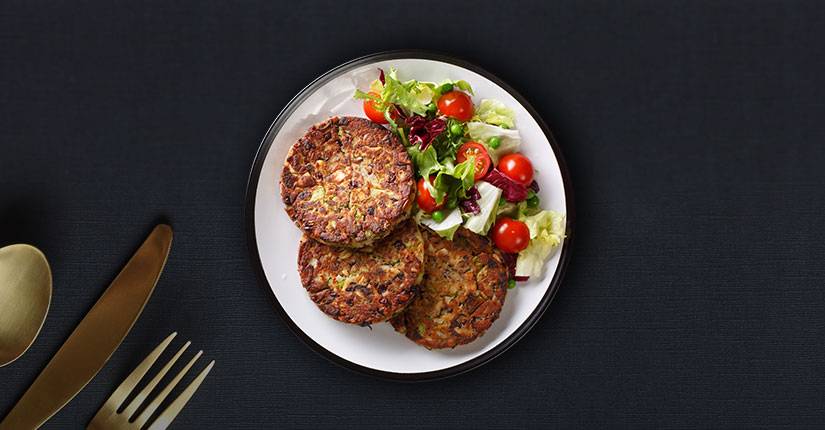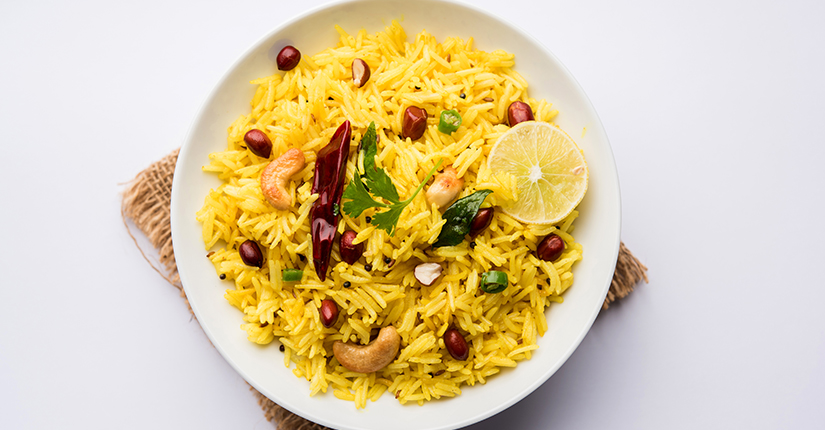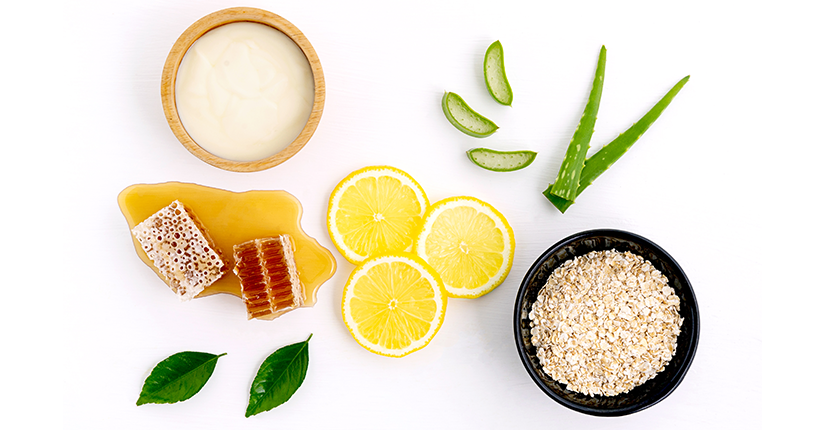Everything You Need to Know About Soy Protein
By Nmami Life Editorial 01-Apr 2021 Reading Time: 6 Mins
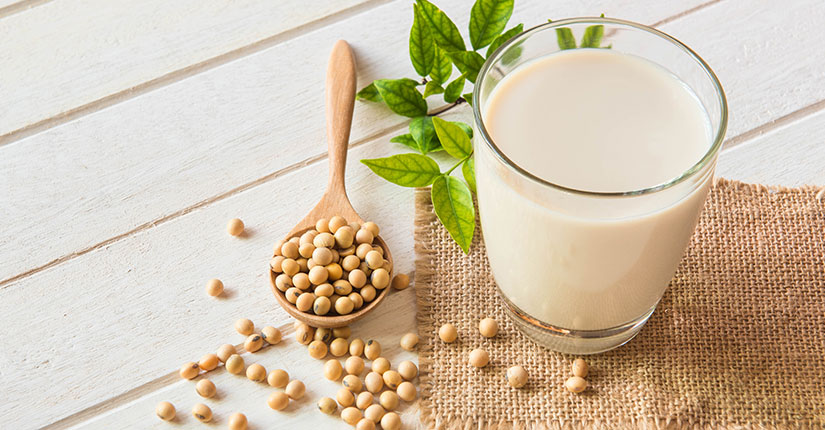
It is said that 20% of the human body is formulated of protein and when it comes to protein there is a bit more to it than just whey! Plant protein has gained major attraction in recent years due to its multiple health benefits. Right from mixing it in your food to blending it in your drinks- there are plenty of ways to get accurate quantities of protein from soybeans. So, if you are looking for novel and nutritional ways to fulfil your protein intake other than dairy or fat loaded animal protein, then it’s the perfect time to complement your diet with soy protein.
Soy protein
Originated from the incredible soybeans, soy protein is entirely plant-based and offers a wide variety of nutritional profile. This healthy low-fat plant protein can boast various health benefits and is extremely imperative for virtuous health. If you are someone who just cannot go with dairy or animal protein, then soy protein is just the right thing for you as soy is one of the humble sources when it comes to consuming quality protein. Soy protein is one of the latest trends among vegans as it is extremely low in fat and contains no cholesterol.
Soybeans and soy foods are well known for their excellent protein quality and low fat content. Soybeans contain a significant amount of all 9 essential amino acids with the amalgamation of heart-healthy nutrients that can benefit the overall health and well-being in various ways.
The complete nutritional profile of soy
The perfect accumulation of essential macronutrients (protein, fats and carbs) is found in soybeans and approximately 100 grams of raw soy protein can deliver about 36g of protein, 20g of fat and 30g of carbs. The nutritional ratios of soybeans change as per the type of soybean you are consuming. For instance, 100 grams of cooked soy will provide about 16.9 grams of protein, 8.1 grams of fat and 11.5 grams of carbs. Soy also offers a wide variety of Vitamin C, folate, iron, calcium, magnesium, phosphorus and thiamine which makes it a versatile choice for all those vegans and not-so-dairy lovers out there! What’s more? Soy protein encloses all 9 amino acids and therefore it is entitled as complete protein.
Soy protein is a humble source of branch chain amino acids (BCAAs) that can simply assit in healing the muscles, assist in strengthening the muscles while boosting your physical performance.
Here is a quick sum-up of the nutritional profile of the soybeans as per USDA.
- Calories: 172
- Fat: 9g
- Sodium: 1mg
- Carbohydrates: 8.3g
- Fibre: 6
- Sugars: 3g
- Protein: 18g
Here are some great benefits of Soy protein on human health
- Helps in building muscles
- Assist in weight loss
- Boost heart health
- Decrease bad LDL cholesterol levels while increasing HDL cholesterol
- Support immunity
- Boost energy levels
- Assist in the proper gut function
Easy ways to add soy to your diet
Soy food is the optimal way to get complete protein, healthy fats, omega-3 fatty acids, antioxidants called isoflavones and is an ideal substitute for meat and milk. There are various ways to consume soy to reap the maximum health benefits from it. Rather than opting for store-bought soy products, relying on home-made soy consumption is considered as best for optimal health.
Here are some effortless and easy ways to add soy to your diet to get the maximum health benefits.
- Soy milk
- Tofu
- Tempeh
- Edamame
- Roasted Soybeans
As our body cannot store protein, it is vital to consume enough protein every day from our daily diet so that the body can function smoothly. Soy protein is a significant source of plant protein for all the vegetarians and a good meat alternative for non-vegetarians. A lot of studies put forth the statement that plant protein is superior to animal protein and hence trading meat protein for healthy low-fat soy protein can benefit you in multiple ways.




